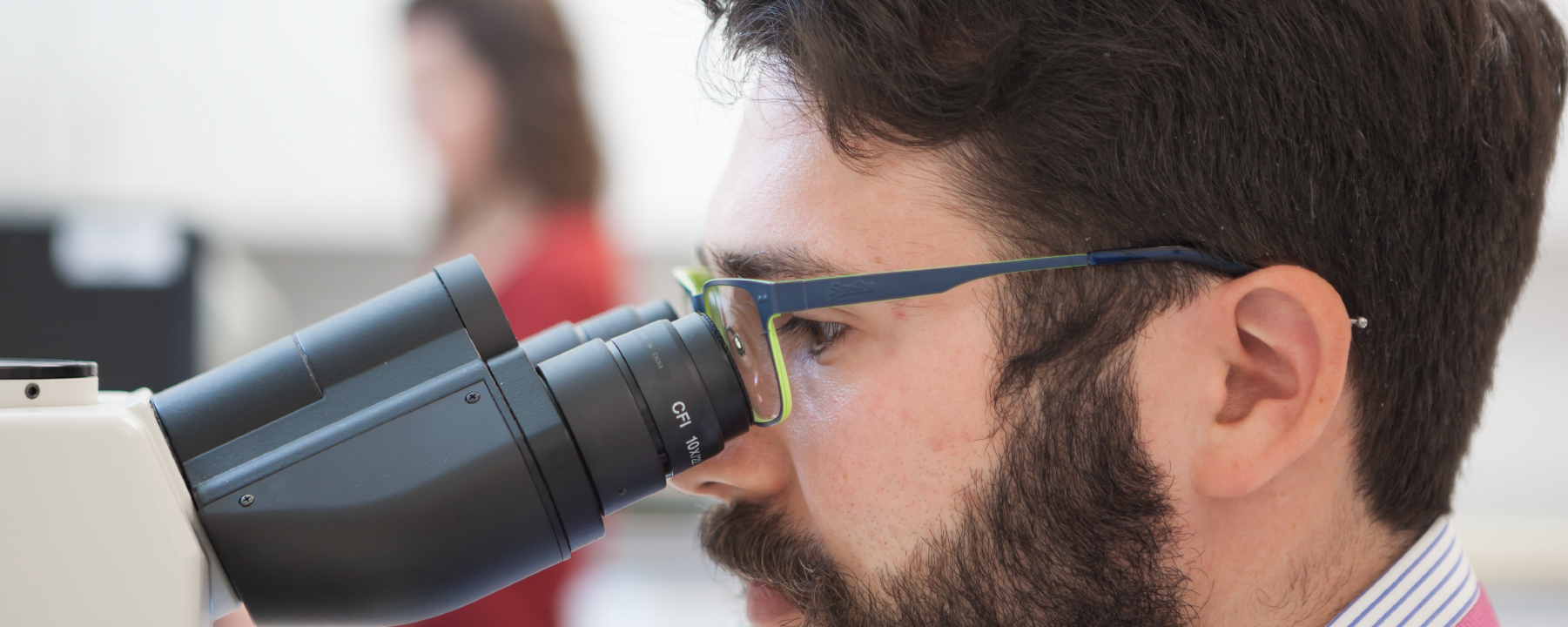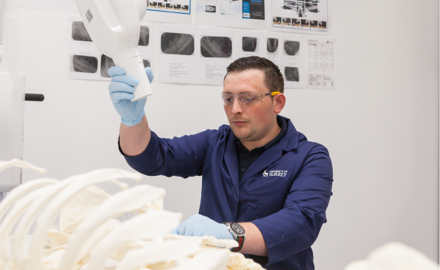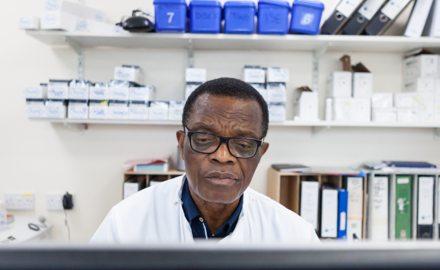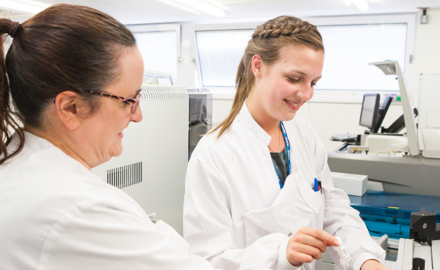Become a forensic pathologist
Forensic pathology is perhaps one of the most well-known pathology specialties – it’s also one of the smallest. Forensic pathologists provide vital expertise in cases where a person has died in suspicious circumstances.
Forensic pathology is a service provided to coroners and police forces in England and Wales to assist investigations into homicide or suspicious deaths. In Scotland, this responsibility lies with procurators fiscal. Forensic pathologists specialise in performing post mortems for medical and legal purposes, to understand the cause and manner of death. They may follow a case from a crime scene through to giving evidence in criminal court.
A key aspect of their role is performing autopsies on the bodies of people who have died in suspicious circumstances – such as suicide, suspected homicides or deaths in custody. Because of this, forensic pathologists usually carry out examinations under the authority of a coroner or procurator fiscal. Their findings can play a fundamental role in bringing perpetrators to justice. And they are responsible for attending a variety of courts to explain details of cases they’re working on to juries as well as relatives.
Alongside this, forensic pathologists share duties with their colleagues across cellular pathology – writing reports to share their findings and teaching trainees in their profession. While most of their work focuses on suspicious deaths, they are sometimes called on to interpret the injuries of live victims to assist criminal cases. They will also conduct autopsies in cases of unexplained death.
What will my working environment be like?
As a forensic pathologist, your time will be split between mortuaries, hospitals, the courts, and, sometimes, crime scenes, which will require regular travel. You’ll mostly work independently, with the support of police, procurators fiscal and coroners’ officers, and mortuary staff. You’ll be in contact with other pathologists, as well as people in the criminal justice system, such as barristers. You’ll be in contact with other pathologists, as well as people in the criminal justice system, such as police, barristers and lawyers.
What skills will I need?
- Good communication skills – you’ll need to prepare comprehensive technical reports on your findings but testify on them in court to a lay audience.
- A flexible approach to working – the working life of a forensic pathologist is unconventional compared with other specialties. Every day will be different and travel will be required.
- The ability to cope under pressure – your working environment will be inherently linked with stressful life events, and you’ll need to be prepared for the challenge of being cross-examined in Crown Court.
How will I train?
To become a forensic pathologist, you’ll need to complete:
- undergraduate training at medical school
- the UK Foundation Training Programme or equivalent.
You can then choose to specialise during specialty training in histopathology, or afterwards, as a qualified histopathologist, neuropathologist or paediatric pathologist.
Learn more about training to be a forensic pathologist.
Explore more careers




